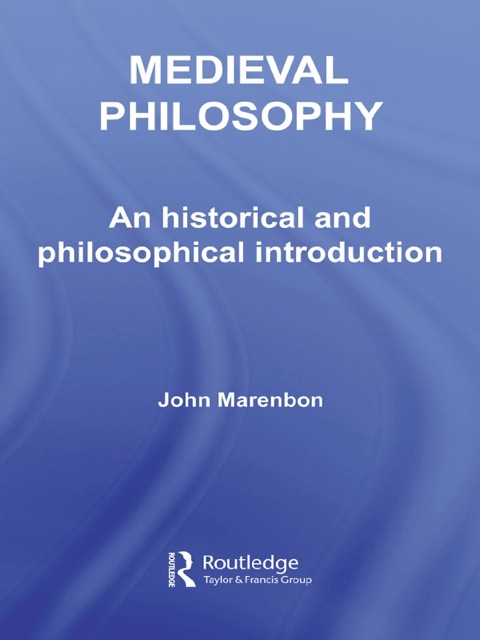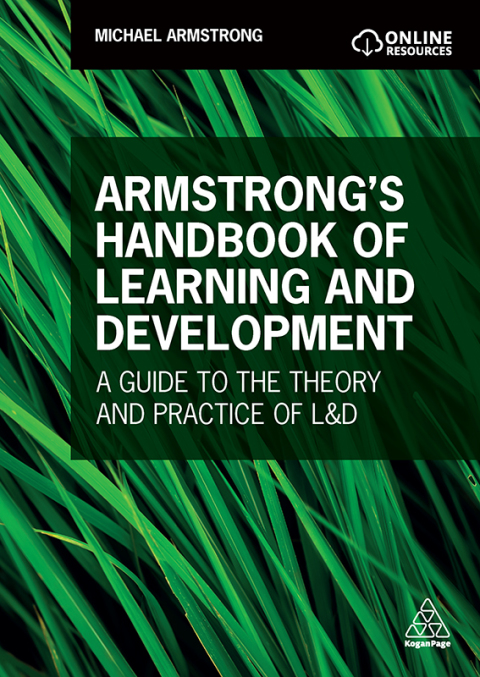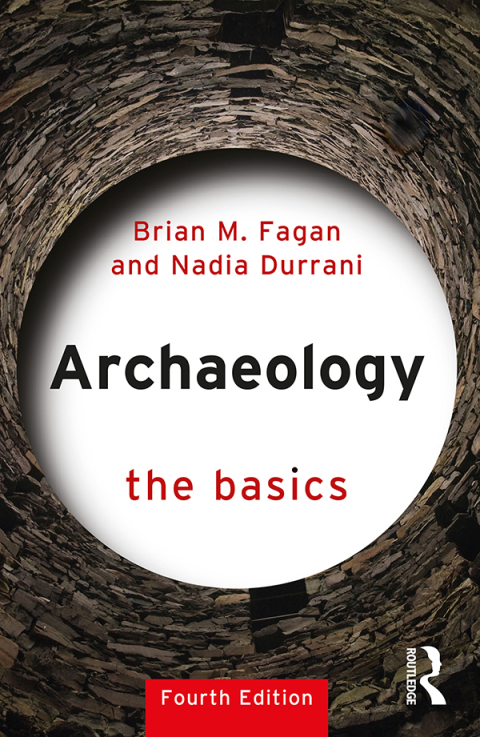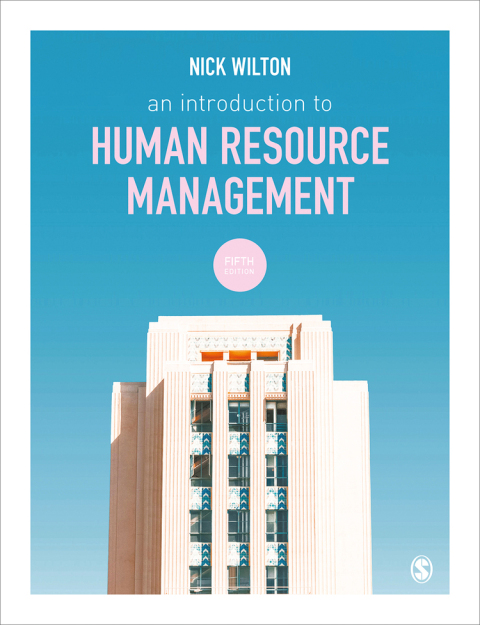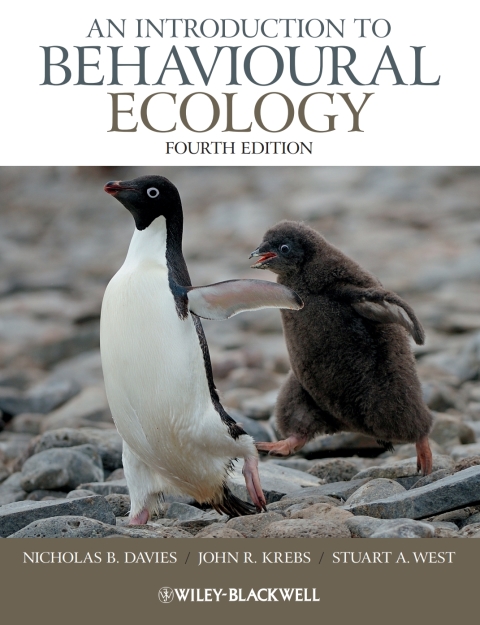Description
Efnisyfirlit
- Cover Page
- Title Page
- Copyright Page
- Preface
- Methods of Reference
- Abbreviations
- 1: Introduction
- 2: The Ancient Traditions in Medieval Philosophy
- 1 What was Ancient Philosophy?
- 2 Some Aristotelian Themes
- 3 Plato, and the Hellenistic Schools
- 4 Plotinus’s Neoplatonism
- 5 Porphyry and Aristotelian Logic
- 6 Iamblichus and Proclus
- 7 Old and New Religions
- 8 Translations, Latin Philosophy and the Latin Fathers
- 9 Augustine
- 3: Old Traditions and New Beginnings
- 1 Boethius and the Logical Curriculum at the End of Antiquity
- 2 Monks and Encyclopaedists: The Latin West from 525–780
- 3 The Last Pagan Philosophers, and their Christian Pupils
- 4 The East, from Justinian to the Umayyads
- 5 The Varieties of Philosophy Under the ‘Abbâsids
- 6 Alcuin and Philosophy at the Court of Charlemagne
- 7 John Scottus Eriugena and the Ninth Century
- 8 Commentary Traditions: Byzantium and the Latin West
- 4: Traditions Apart
- 1 The Beginnings of Medieval Jewish Philosophy
- 2 The Kalâm Tradition
- 3 Fârâbî
- 4 Ismailis and Neoplatonists
- 5 Avicenna
- 6 Ancient Philosophy, Logic and Metaphysics in the Eleventh-Century Latin West
- 7 Anselm
- 8 Psellos, Italos and the Twelfth-Century Byzantine Aristotelians
- 5: Latin Philosophy in the Twelfth Century
- 1 Logic and Grammar at the Turn of the Twelfth Century
- 2 Peter Abelard
- 3 The Schools, Platonism and William of Conches
- 4 Gilbert of Poitiers
- 5 The Beginnings of Latin Scholastic Theology
- 6 The Platonisms of the Later Twelfth Century
- 7 The Parisian Schools of the Later Twelfth Century
- 8 Beyond Paris: The Scientists and the Translators
- 9 The Variety and Distinctiveness of Twelfth-Century Latin Philosophy
- 6: Philosophy in Twelfth-Century Islam
- 1 Islamic Theology and Avicenna
- 2 Philosophy in Al-Andalus
- 3 Averroes
- 4 Maimonides and Jewish Aristotelianism
- 7: Philosophy in Paris and Oxford, 1200–77
- 1 Paris and Oxford Universities: The Translations, the Curriculum and the Forms of Philosophical Writing
- 2 Grammar and Logic
- 3 Arts Masters and Theologians, 1200–50
- 4 Theology in Paris: Bonaventure and Albert the Great
- 5 Thomas Aquinas
- 6 Latin Averroism: The Paris Arts Faculty in the 1260s and 1270s
- 7 The 1277 Condemnations and Their Significance
- 8: Philosophy in the Universities, 1280–1400
- 1 The Albertine Tradition
- 2 Henry of Ghent, Godfrey of Fontaines and Peter John Olivi
- 3 Duns Scotus
- 4 Between Scotus and Ockham
- 5 William of Ockham
- 6 The Paris Arts Faculty and Fourteenth-Century Averroism
- 7 Oxford and Paris Theology After Ockham
- 8 Logica Modernorum
- 9 John Buridan
- 10 The Late Fourteenth Century
- 9: Philosophy Outside the Universities, 1200–1400
- 1 Outside the Universities: Philosophy, Courts and the Vernacular in the Latin West
- 2 Byzantine Philosophy
- 3 Philosophy in Islam
- 4 Jewish Philosophy
- 10: Not an Epilogue: ‘Medieval’ Philosophy, 1400–1700
- Guide to Further Reading and Material
- Chapter 1 Introduction
- Chapter 2 The Ancient Traditions in Medieval Philosophy
- Chapter 3 Old Traditions and New Beginnings
- Chapter 4 Traditions Apart
- Chapter 5 Latin Philosophy in the Twelfth Century
- Chapter 6 Philosophy in Twelfth-Century Islam
- Chapter 7 Philosophy in Paris and Oxford, 1200–77
- Chapter 8 Philosophy in the Universities, 1280–1400
- 9 Philosophy Outside the Universities, 1200–1400
- Chapter 10: Not an Epilogue: ‘Medieval’ Philosophy, 1400–1700
- Bibliography

